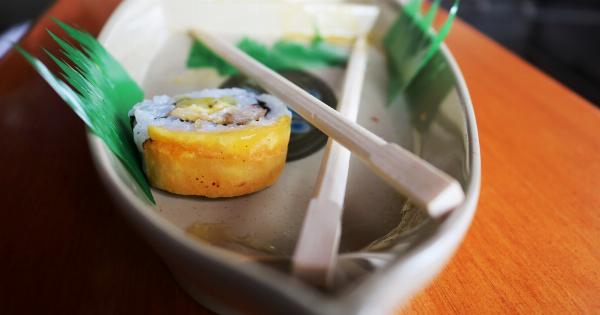Many expectant mothers may wonder if engaging in self-pleasure during pregnancy can have any impact on their baby. It is natural to have concerns and seek information about what is safe during this special time.
In this article, we will explore the topic and provide expert opinions to help alleviate any worries you may have.
Understanding self-pleasure during pregnancy
Self-pleasure, commonly known as masturbation, is a natural and healthy sexual expression for individuals of all genders. Engaging in self-pleasure does not have any known adverse effects on a developing fetus.
Pregnancy is a time of significant hormonal and physical changes, and it is natural for sexual desires to fluctuate. Self-pleasure can help relieve stress, enhance mood, and promote overall well-being during pregnancy.
The safety of self-pleasure during pregnancy
Medical professionals widely agree that self-pleasure is safe during a healthy pregnancy. The uterus is well protected by the amniotic sac and the strong muscles of the pelvic floor.
As long as it is comfortable, self-pleasure can be enjoyed without any concerns about harming your baby. However, it is crucial to listen to your body and avoid any positions or activities that cause discomfort.
Pregnancy may also cause changes in libido due to hormonal shifts or physical discomfort.
Some expectant mothers may find that self-pleasure is less appealing during certain stages of pregnancy, while others may experience an increased desire for sexual activity. It is essential to engage in open communication with your partner and healthcare provider to ensure that your sexual needs are met in a manner that feels comfortable and safe for you.
Benefits of self-pleasure during pregnancy
Self-pleasure can offer various benefits to individuals during pregnancy. Some of these benefits include:.
1. Stress relief
Pregnancy can bring about emotional and physical stress. Engaging in self-pleasure releases endorphins, the “feel-good” hormones, which can help reduce anxiety and promote relaxation.
2. Improved sleep
Many pregnant individuals struggle with sleep disturbances due to discomfort or hormonal changes. Self-pleasure can release hormones like oxytocin and endorphins, which aid in achieving better sleep quality.
3. Enhanced mood
Self-pleasure stimulates the release of dopamine, a neurotransmitter associated with pleasure and happiness. It can help uplift your mood and combat feelings of sadness or mood swings commonly experienced during pregnancy.
4. Connection with your changing body
Self-pleasure can provide an opportunity to explore and reconnect with your body during the remarkable changes of pregnancy. It can help foster a positive body image and promote self-acceptance.
5. Improved pelvic floor muscles
The rhythmic contractions experienced during orgasms can strengthen the pelvic floor muscles. This can be beneficial during pregnancy and childbirth, as strong pelvic muscles can help with labor, delivery, and postpartum recovery.
Addressing common concerns
While self-pleasure is generally safe during pregnancy, there are some common concerns that expectant mothers may have:.
1. Stimulation inducing labor
There is a common misconception that orgasm can trigger labor. While orgasm causes uterine contractions, they are typically mild and subside soon after climax. In a healthy pregnancy, these contractions do not pose any risk of premature labor.
However, if you have a high-risk pregnancy or any concerns, it is essential to consult with your healthcare provider.
2. Infections
Pregnancy can make individuals more susceptible to certain infections, such as urinary tract infections (UTIs) or yeast infections.
To reduce the risk of infection, it is important to maintain good hygiene, wash hands before and after self-pleasure, and use clean sex toys if desired. If you experience any unusual symptoms, such as pain, itching, or an unusual discharge, it is recommended to seek medical advice.
3. Emotional well-being
Some individuals may experience feelings of guilt or shame associated with self-pleasure during pregnancy due to societal or cultural influences.
It is crucial to remember that self-pleasure is a natural and safe way to explore your sexuality and maintain your emotional well-being. If you are experiencing negative emotions, consider discussing your feelings with a trusted healthcare provider or therapist who can offer support and reassurance.
Conclusion
In summary, self-pleasure during pregnancy is generally considered safe and can offer numerous benefits, including stress relief, improved sleep, enhanced mood, greater body awareness, and stronger pelvic floor muscles.
It is important to communicate openly with your partner and healthcare provider to ensure that your sexual needs and concerns are addressed. Remember, each pregnancy is unique, and what feels comfortable and enjoyable may differ for every individual.































